Importance of Healthcare Link Building
The prevalence of healthcare-related searches cannot be overstated. Every minute, there are approximately 70,000 searches related to healthcare topics.
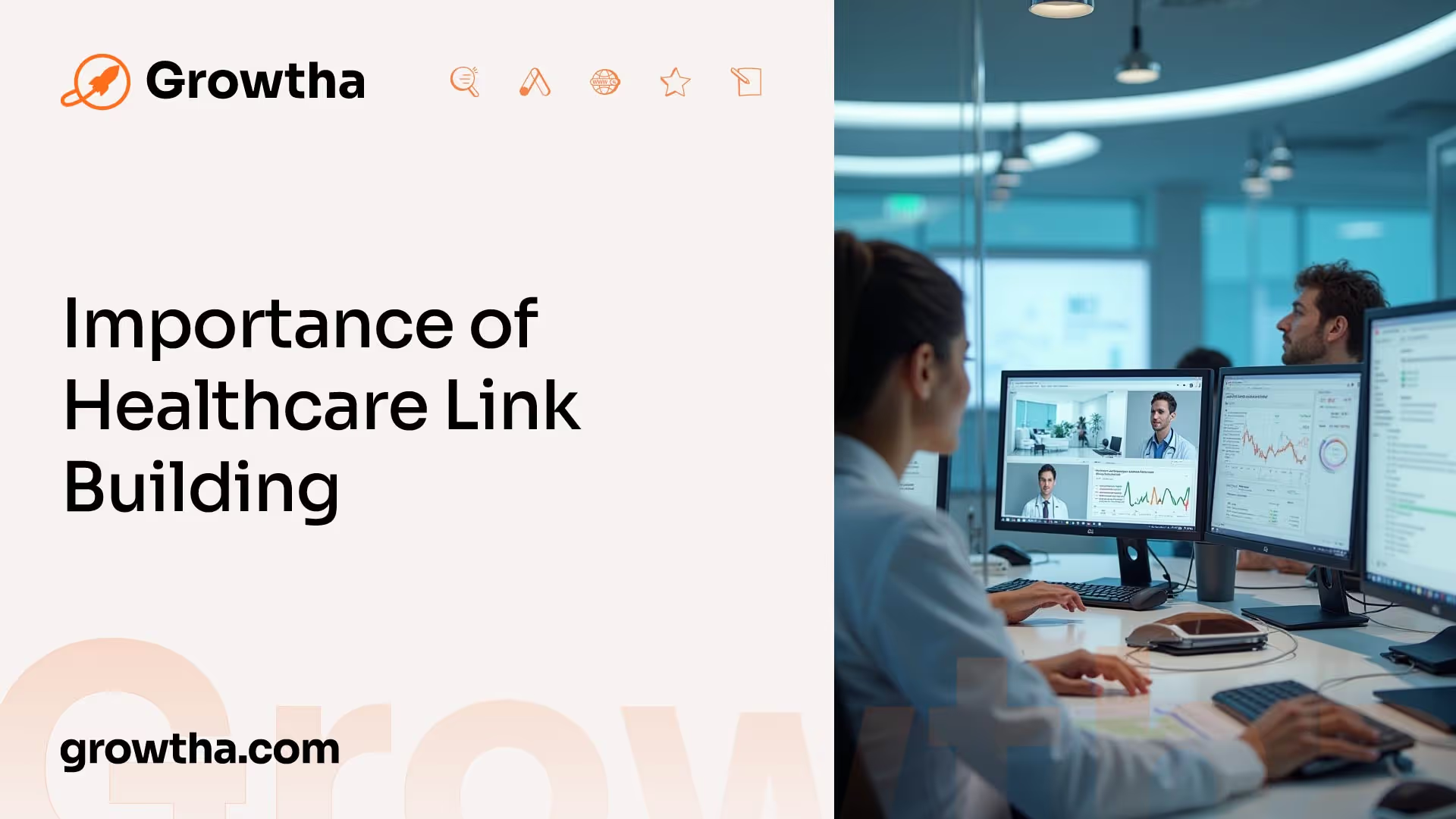

Importance of Healthcare Link Building
Importance of Healthcare SEO
In today's digital age, healthcare organizations must recognize the importance of healthcare SEO (Search Engine Optimization) in establishing a strong online presence. This section will explore the impact of healthcare-related searches and patient behavior on the necessity of healthcare SEO.
Impact of Healthcare-related Searches
The prevalence of healthcare-related searches cannot be overstated. Every minute, there are approximately 70,000 searches related to healthcare topics [1]. This demonstrates the significant demand for health information and services online. Patients are increasingly turning to search engines to find answers to their medical queries, research treatment options, and locate healthcare providers.
Patient Behavior and Online Presence
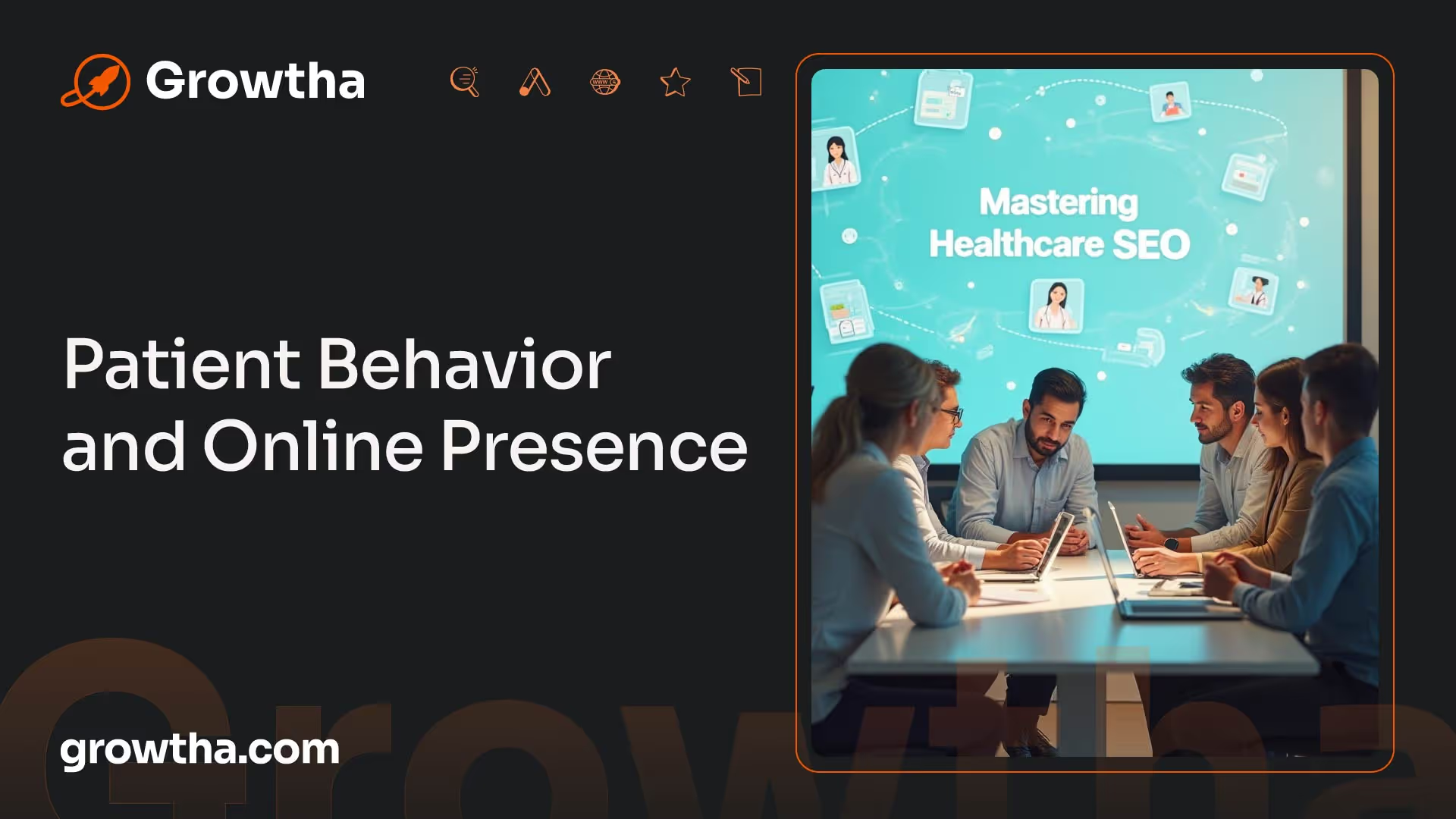
When it comes to choosing healthcare providers, patients heavily rely on the internet. According to LinkBuilder.io, 77% of patients use Google search before selecting a hospital, and 90% of users choose new doctors based on online reviews. These statistics highlight the crucial role that online presence and reputation play in attracting patients.
Furthermore, patients have high expectations when it comes to the online presence of healthcare providers. If relevant information is not easily accessible on a healthcare website, 71% of patients are unlikely to book an appointment. This emphasizes the importance of ensuring that healthcare websites are optimized for search engines and provide valuable and relevant content.
As the healthcare industry continues to grow and evolve, establishing a strong online presence becomes even more critical. By effectively implementing healthcare SEO strategies, healthcare organizations can enhance their visibility, attract patients, and ultimately improve their overall success.
In the following sections, we will explore the basics of healthcare link building, strategies for effective link building, best practices, and compliance considerations to further enhance healthcare SEO efforts.
Healthcare Link Building Basics
To establish a strong online presence and improve search engine rankings, healthcare websites need to prioritize link building. Link building involves acquiring backlinks from other websites, which serve as endorsements and indicate trust and authority within the medical niche. Understanding the basics of healthcare link building is essential for successful SEO strategies.
Understanding Backlink Importance
Backlinks play a crucial role in enhancing the visibility, credibility, and search engine ranking of healthcare websites. They serve as endorsements from other credible sources, indicating trust and authority within the medical niche. When reputable websites link back to your healthcare site, search engines interpret these backlinks as votes of confidence and recognize your website as a valuable resource.
It's important to note that the quality of backlinks is more important than quantity. A few high-quality backlinks from authoritative sources hold more weight than numerous links from low-quality sites [2]. Focus on acquiring backlinks from reputable healthcare websites, professional organizations, and relevant publications to improve your website's credibility and search engine ranking.
Role of Domain Authority (DA)
Domain Authority (DA) is a search engine ranking score developed by Moz that predicts how well a website ranks on search engine result pages. It is measured on a scale of one to 100 and takes into account various factors, including ranking keywords, linking root domains, and spam score [3]. Websites with higher DA scores are considered more authoritative and trustworthy by search engines.
When acquiring backlinks, it is beneficial to prioritize websites with high domain authority. Backlinks from well-respected and established professional organizations, medical publications, regional magazines, and professional society journals are recognized by Google as highly valuable in determining a website's page rank. By obtaining backlinks from websites with high domain authority, you can improve your own website's authority and visibility in search engine rankings.
Understanding the importance of backlinks and domain authority is crucial when implementing link building strategies for healthcare websites. By acquiring high-quality backlinks from reputable sources, you can enhance your website's visibility, credibility, and search engine ranking within the healthcare industry.
Strategies for Effective Link Building
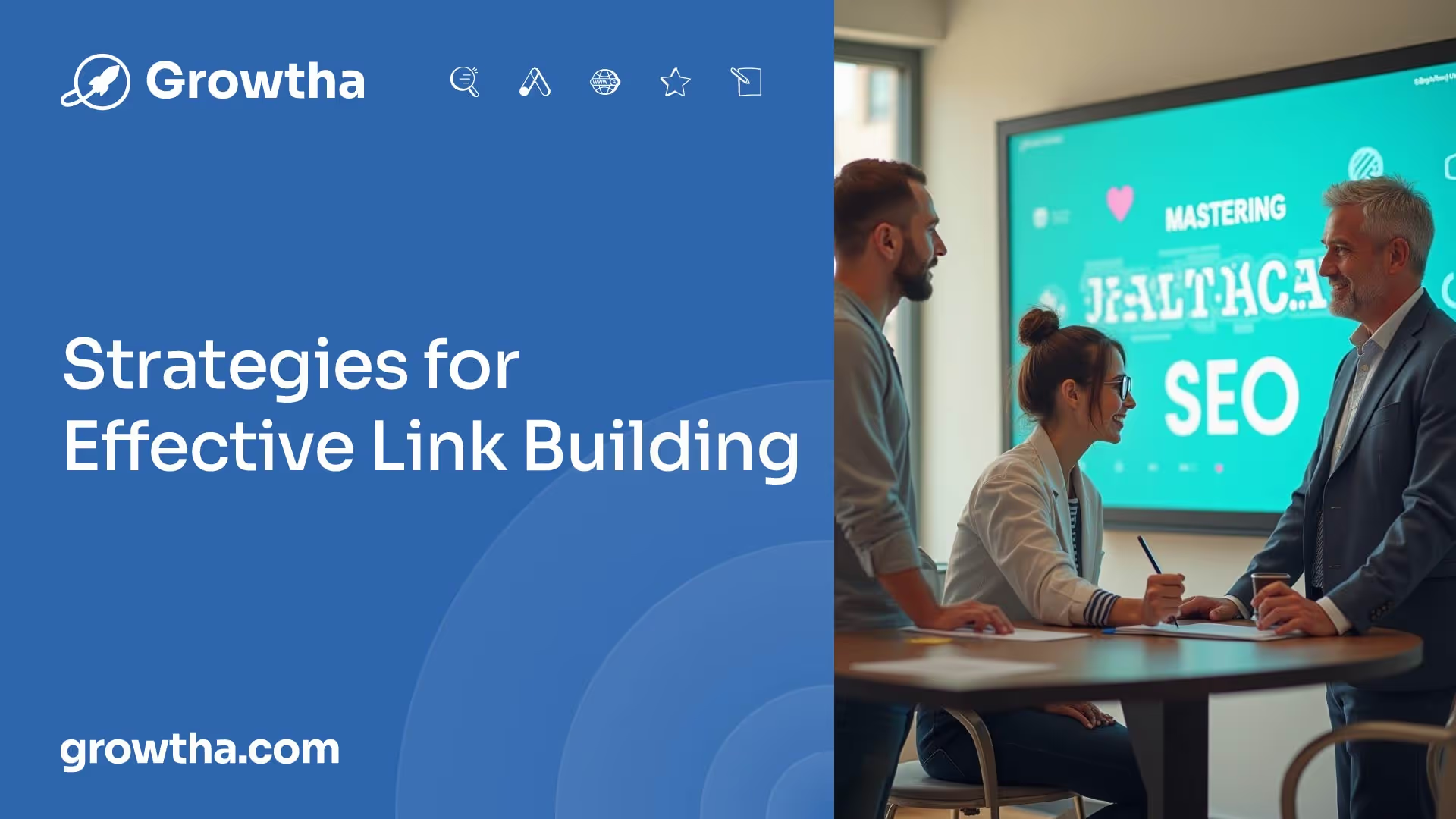
When it comes to healthcare SEO and link building, implementing effective strategies can significantly impact the visibility and authority of healthcare websites. In this section, we will explore three key strategies: leveraging professional organizations, utilizing industry directories, and creating valuable content.
Leveraging Professional Organizations
Backlinks from well-respected and established professional organizations hold great value in the eyes of search engines like Google. These organizations are recognized as authoritative sources in the healthcare industry. By obtaining backlinks from these organizations, healthcare websites can improve their own credibility and increase their page rank [3].
To leverage professional organizations for link building, healthcare websites can:
- Seek opportunities to contribute guest articles or expert opinions to their publications.
- Participate in conferences, webinars, or events organized by these organizations and request backlinks to your website.
- Collaborate on research studies or projects, earning recognition and backlinks in the process.
Utilizing Industry Directories
Industry-relevant directories provide an excellent opportunity for healthcare websites to acquire quality backlinks. These directories serve as online resources that categorize healthcare providers, organizations, and services. By having your website listed in these directories, you can increase your online visibility and generate valuable backlinks [2].
When utilizing industry directories for link building, consider the following tips:
- Ensure that the directories are reputable and relevant to the healthcare industry.
- Optimize your directory listings with accurate and up-to-date information.
- Seek out niche directories that cater specifically to your field or specialty within healthcare.
Creating Valuable Content
Creating and publishing valuable and informative content is a foundational strategy for healthcare websites to acquire quality backlinks. When you consistently produce high-quality content, other websites and publications in the healthcare industry are more likely to reference and link back to your content. This can significantly improve your website's visibility and authority in the eyes of search engines.
To create valuable content for link building, consider the following approaches:
- Develop comprehensive guides, whitepapers, or case studies that provide unique insights and solutions to common healthcare challenges.
- Produce engaging blog posts that address trending topics, provide tips, or offer expert opinions on healthcare-related issues.
- Collaborate with influencers or industry experts to create content that showcases their expertise and promotes their association with your website.
By leveraging professional organizations, utilizing industry directories, and creating valuable content, healthcare websites can implement effective link building strategies. Remember, quality and relevance are key factors in acquiring valuable backlinks that contribute to the overall success of your healthcare SEO efforts.
Best Practices for Healthcare Link Building
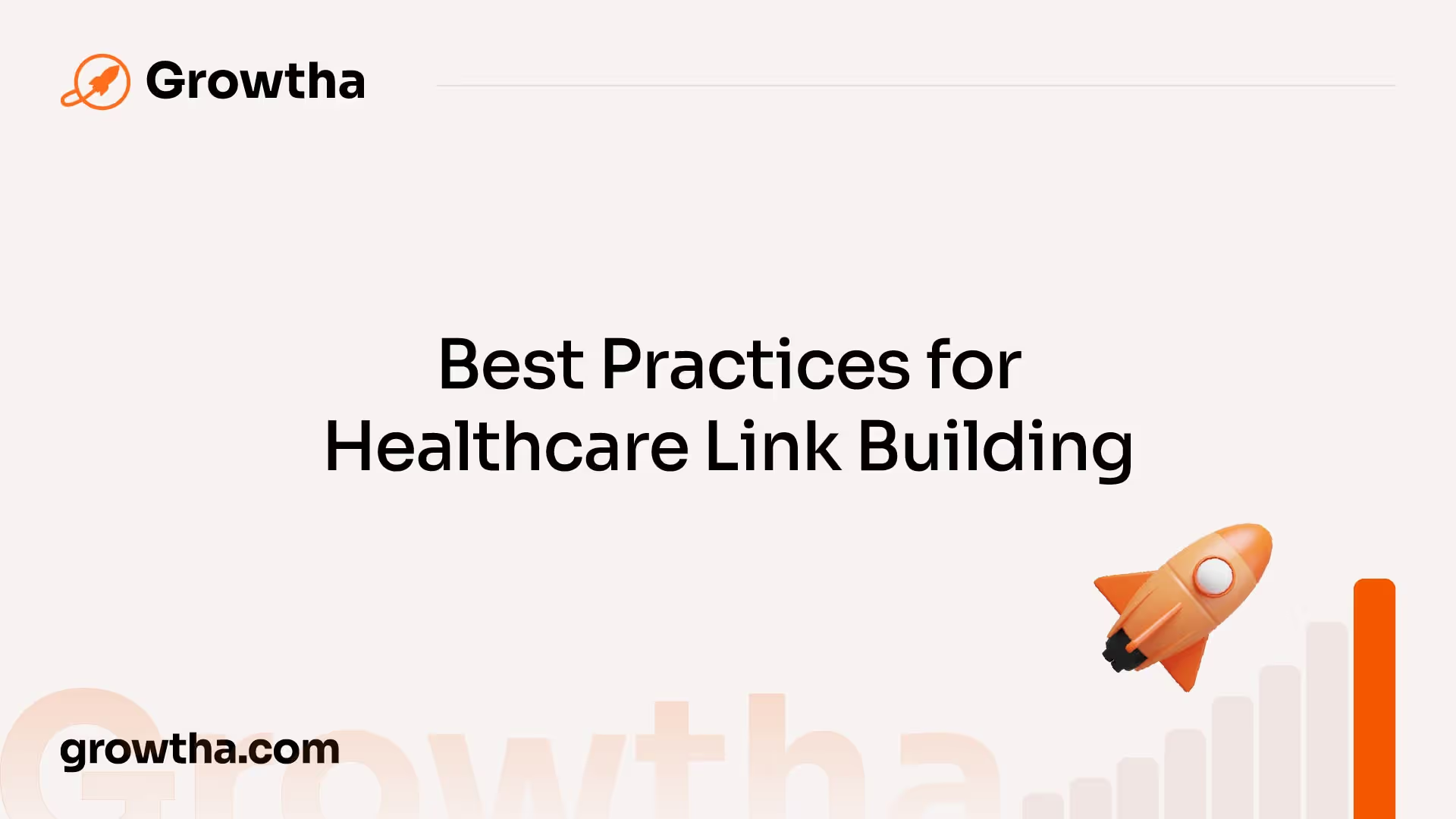
When it comes to healthcare link building, following best practices is essential to ensure the effectiveness and success of your SEO efforts. In this section, we will explore two key practices: the importance of quality over quantity and building partnerships and collaborations.
Importance of Quality over Quantity
In the realm of link building, quality should always take precedence over quantity. It's crucial to focus on acquiring high-quality backlinks from authoritative sources rather than pursuing a large number of links from low-quality sites. A few high-quality backlinks hold more weight and can have a greater impact on your healthcare website's visibility and search engine rankings [2].
To ensure the quality of backlinks, aim to acquire links from reputable healthcare websites, professional organizations, and industry-leading publications. These sources not only enhance your website's credibility but also provide valuable referral traffic.
When pursuing backlinks, consider the relevance and authority of the linking domains. Relevance refers to the alignment between the linking website and your healthcare niche, while authority is measured by domain metrics such as Domain Authority (DA). Prioritize websites with higher DA scores, as they have a stronger influence on search engine rankings.
Building Partnerships and Collaborations
Building partnerships and collaborations within the healthcare industry is an effective strategy for acquiring quality backlinks. By establishing relationships with other healthcare providers in the same specialty, you can create opportunities for collaboration and shared referrals. These partnerships not only enhance your link building efforts but also contribute to a sense of community and trust within the healthcare sector.
To build partnerships, participate in local healthcare events, conferences, and seminars. Engage with other healthcare professionals through networking platforms and establish connections. By fostering relationships with trusted colleagues, you can explore opportunities for guest blogging, co-authoring content, and cross-promotion.
Collaborative efforts such as joint research projects, webinars, and educational initiatives can also lead to valuable backlinks from partner websites. These collaborations demonstrate your expertise and commitment to the healthcare community, while also boosting your website's authority and visibility.
Remember, the key to successful link building in healthcare is to focus on quality rather than quantity. Acquiring high-quality backlinks from authoritative sources and building partnerships within the industry will not only enhance your website's SEO efforts but also establish your healthcare organization as a reputable and trusted source of information.
Enhancing SEO for Healthcare Websites
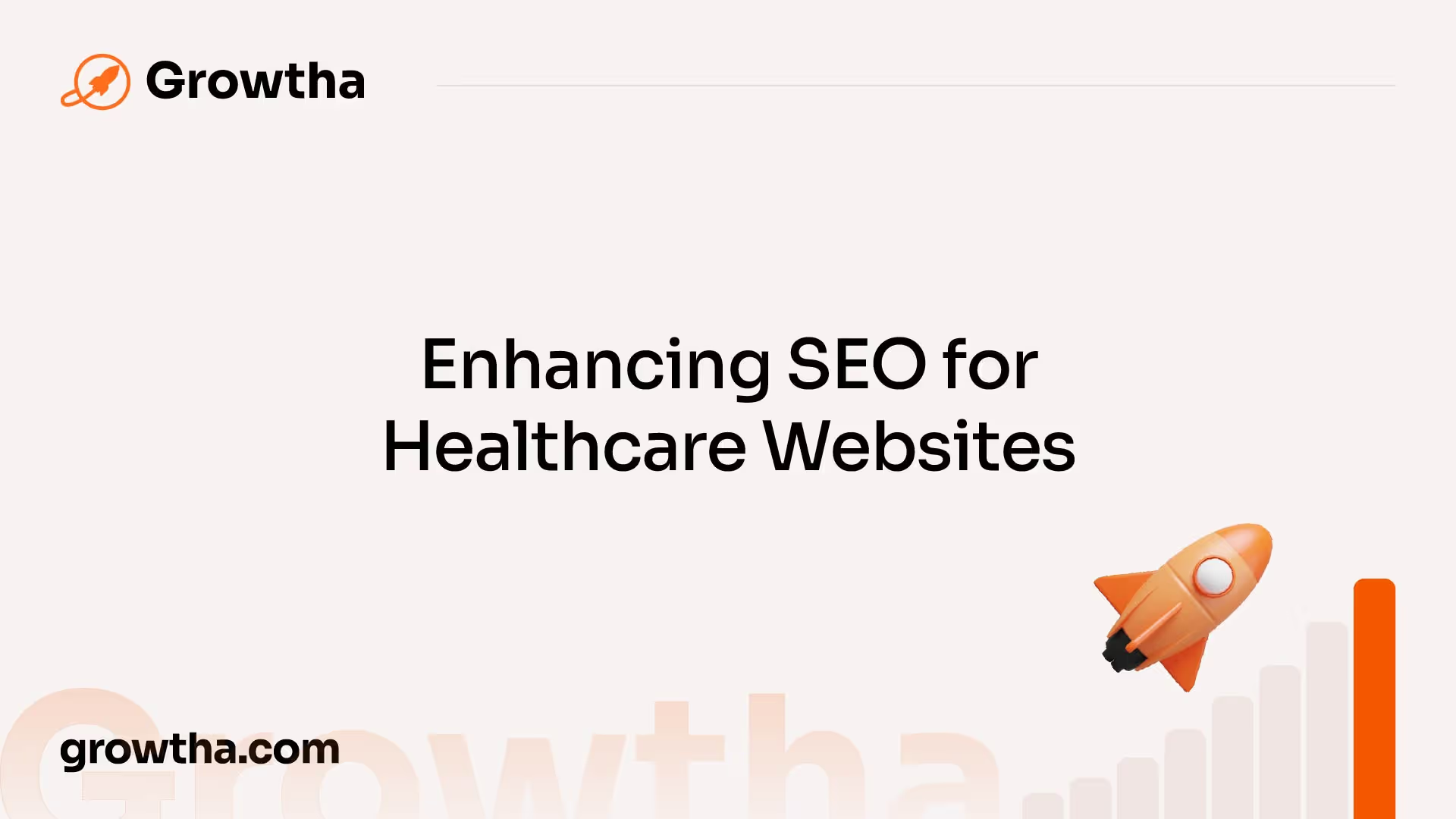
To improve the visibility and search engine rankings of healthcare websites, it's crucial to implement effective SEO strategies. In this section, we will explore two important techniques for enhancing SEO specifically for healthcare websites: leveraging local directories and utilizing guest blogging and broken link building.
Leveraging Local Directories
Utilizing local directories is an effective strategy for healthcare providers to build links and improve their online presence. By listing your healthcare practice or organization in local directories, you make it easier for potential patients to find you through local searches. This is especially beneficial for attracting individuals who are searching for healthcare services in their specific geographic location.
Local directories serve as a valuable platform to showcase your practice's information, including contact details, address, and services offered. These directories often have high domain authority, which can positively impact your website's search engine rankings. Additionally, being listed in relevant local directories helps establish your credibility and increases the chances of attracting local patients.
When leveraging local directories, it's important to ensure that the information provided is accurate and up-to-date. Consistency in NAP (name, address, phone number) details across all directories is essential for building trust with search engines and potential patients.
Guest Blogging and Broken Link Building
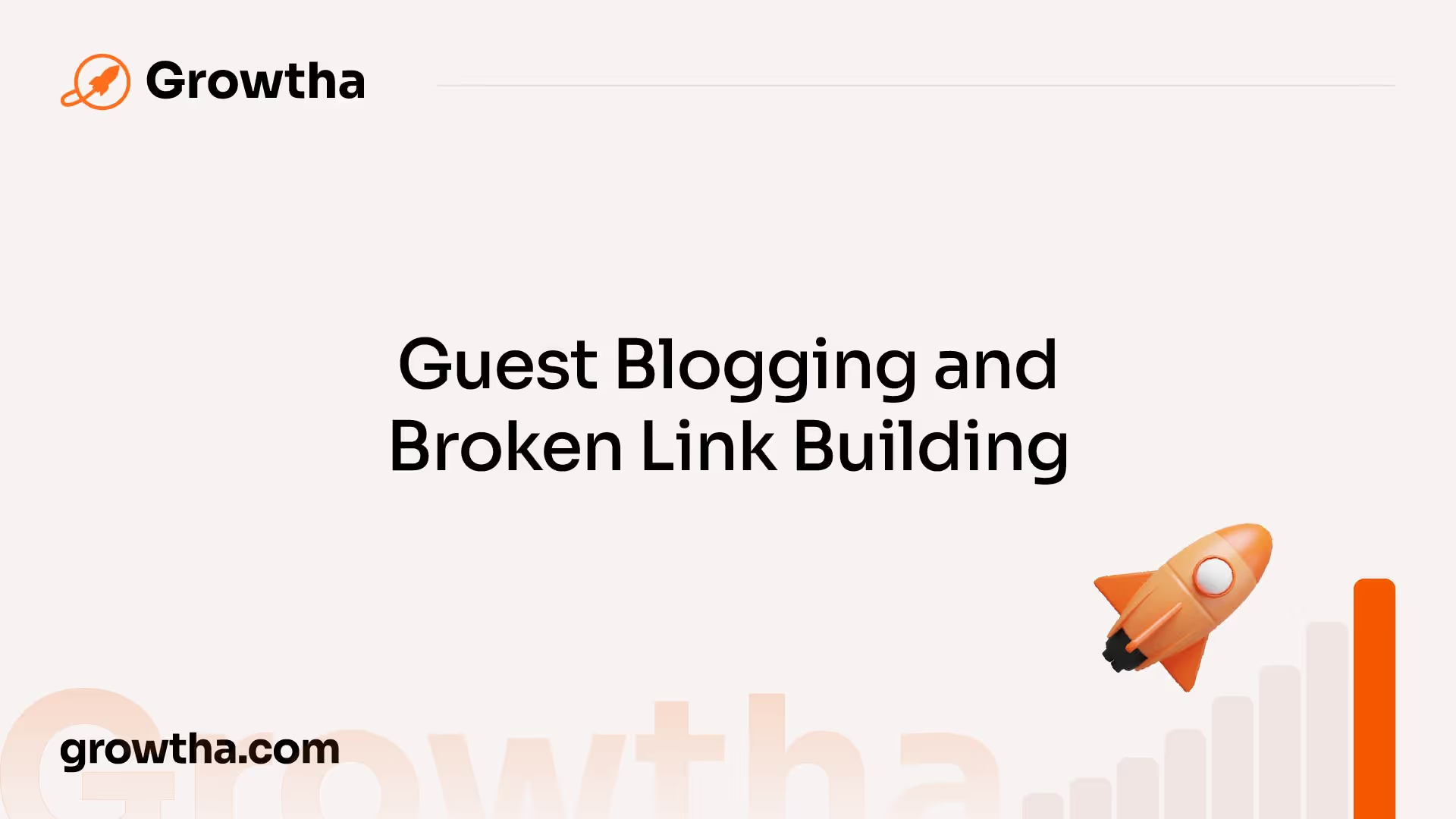
Guest blogging and broken link building are effective techniques for creating high-quality backlinks in the healthcare industry. Guest blogging involves writing informative and valuable articles for other reputable websites in the healthcare niche. By contributing guest posts, you can showcase your expertise, establish yourself as a thought leader, and gain exposure to a wider audience.
Broken link building, on the other hand, involves finding broken links on relevant healthcare websites and offering your own content as a replacement. This approach not only helps the website owner fix their broken links but also provides an opportunity for you to earn a valuable backlink. By providing high-quality content that adds value to the website, you can build strong relationships with other healthcare professionals and improve your website's SEO.
Both guest blogging and broken link building require research and outreach efforts. It's important to identify authoritative healthcare websites that align with your expertise and target audience. By offering valuable content and being proactive in your outreach, you can increase your chances of securing guest blogging opportunities and building relationships within the healthcare community.
In addition to local directories, guest blogging, and broken link building, healthcare providers should also consider other link building strategies such as leveraging social media platforms, building relationships with other healthcare providers in the same specialty, and adapting their backlinking strategies to emerging SEO trends. By implementing a comprehensive and diversified link building approach, healthcare websites can enhance their SEO efforts and improve their online visibility and rankings.
Compliance and Legal Requirements
When engaging in healthcare link building, it is crucial for website owners to be aware of and comply with various legal requirements. These include data protection regulations such as GDPR (General Data Protection Regulation) and intellectual property laws pertaining to copyright.
GDPR and Data Protection
The General Data Protection Regulation (GDPR) is a set of regulations designed to protect the personal data and privacy of individuals within the European Union (EU), Iceland, Liechtenstein, and Norway. It applies to businesses that offer goods or services to individuals residing within these countries, regardless of where the business is located [6].
Under the GDPR, website owners must have a lawful basis for collecting and processing personal data. They are required to inform users about the data collected, how it is used, and who it is shared with. Obtaining freely given, specific, informed, and unambiguous consent from users is essential. It is important to implement measures to protect user data and follow proper procedures for data breaches or unauthorized access.
Intellectual Property and Copyright Laws
Website owners must also comply with intellectual property (IP) laws, including copyright laws. Content such as text, audio, images, and audio-visual content is protected by copyright, and permission is required from the copyright holder to include such content on a website. It is crucial to respect the intellectual property rights of others and ensure proper attribution and licensing of content.
User-generated content on websites should be managed with clear intellectual property policies to prevent infringement. Implementing a Digital Millennium Copyright Act (DMCA) notice and takedown process is essential to address copyright infringement claims promptly. Additionally, website owners should not use a third party's trademark or logo without permission to avoid trademark infringement.
By adhering to these legal requirements, website owners can ensure full accessibility to people with disabilities, protect user privacy and data, and respect intellectual property rights. Compliance with these regulations not only helps maintain the trust of website visitors but also mitigates the risk of legal issues and penalties.
References
[1]: https://linkbuilder.io/link-building-for-healthcare/
[2]: https://www.linkedin.com/pulse/how-can-we-get-quality-backlinks-healthcare-website-palwinder--9pgie
[3]: https://www.cardinaldigitalmarketing.com/healthcare-resources/blog/easy-link-building-strategies-for-healthcare-marketers/
[4]: https://quickcreator.io/articles/link-building-healthcare-seo-strategies-benefits/
[5]: https://www.linkedin.com/pulse/healthcare-backlinks-impact-search-ranking-rakibul-islam-gjmde
[6]: https://accessibe.com/blog/knowledgebase/website-legal-requirements







